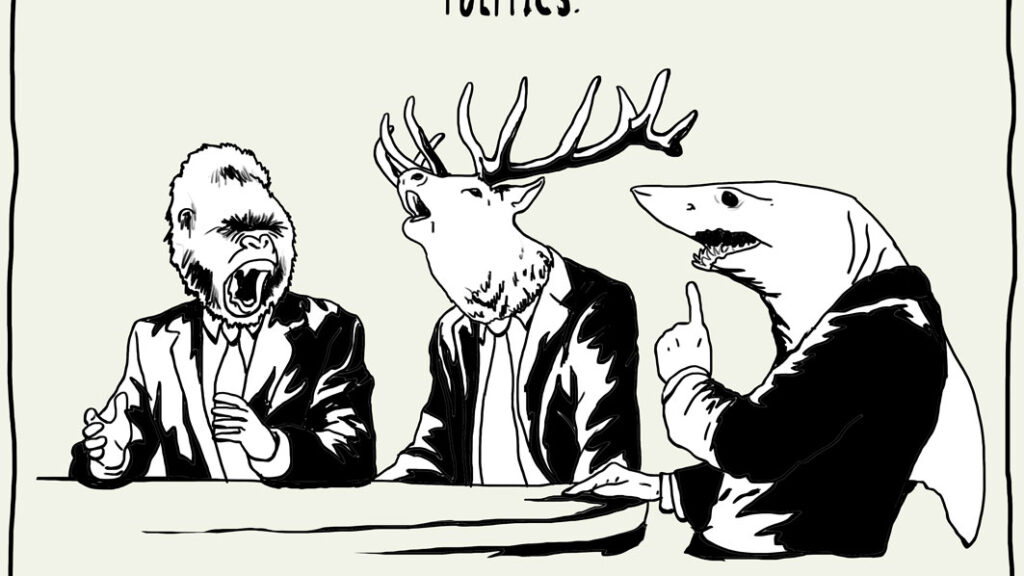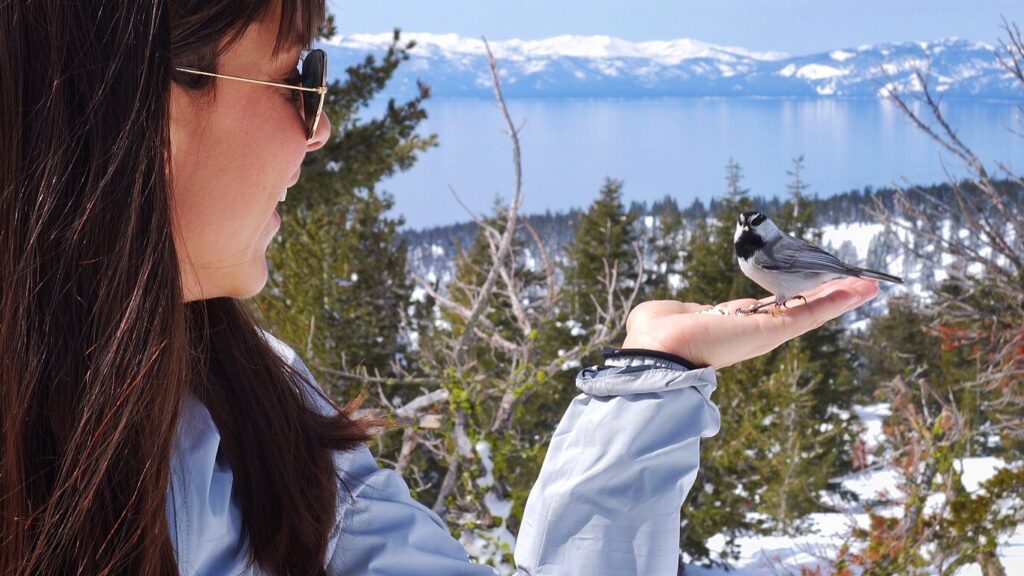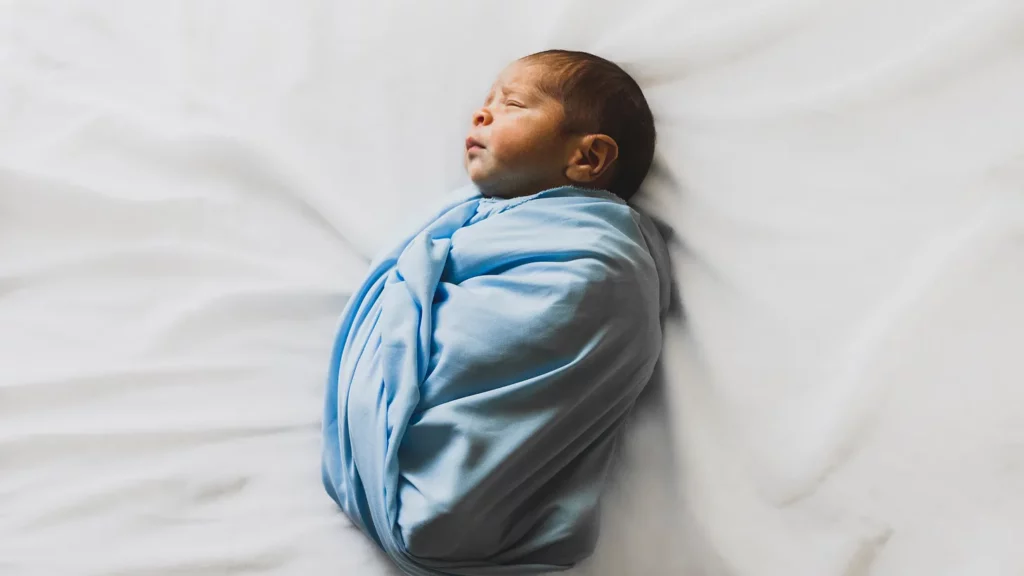
July 7, 2020 • Brooke Siem
Happiness is a most rebellious act.
Yesterday, I was listening to a podcast with renowned couple’s therapist Esther Perel. She was talking about how couples were coping with the pandemic and said, “You can’t be feeling great in this moment. You can feel relieved. You can feel thankful. You can feel appreciative for what you have. You can feel humble. You can feel thankful to things, but you can’t feel great in this moment, because if you’re feeling great in this moment, you’re detached, you’re disconnected.”
The episode was recorded sometime in late March/early April, about three weeks into lockdown. Had I listened to it at the time, I likely would have agreed. How could someone feel great when the world was but an ominous shell of itself, with an air of fear and uncertainty thick enough to choke even the healthiest of lungs?
But in listening to Perel’s comment now, three months later, my thoughts on the matter are different. Why can’t we strive to feel great in this moment? And why are we encouraged to exchange our own well-being in order to stay plugged in to global suffering?
Because it’s important to stay informed. Because ignorance is dangerous. Because a good person cares about other people. Because it’s selfish to look out for number one. Because the world doesn’t revolve around you. Because people are dying. Because. Because. Because.
Happiness is a most rebellious act. To be happy, especially when others are not, is to break an unspoken human rule that equates thriving with selfishness. The Australians call this Tall Poppy Syndrome, referring to the expectation that a field of poppies should grow together. If one grows too tall, it needs to be cut down. In human terms, this means we celebrate the downfall of high achievers and shun those with enviable qualities. Poppies that stand out for doing well don’t fare much better than those that stand out for doing poorly.
But I feel guilty for being happy when so many people are hurting.
To tear down others for perceived happiness is a fundamental misunderstanding of happiness in the first place. It assumes that happy is a destination rather than a state of existence, and that choosing personal happiness is a callous blow to collective suffering. It is the guilt, not happiness, that emerges as the most selfish act. Guilt is what happens when we take someone else’s pain and make it about ourselves. It does nothing subtract pain, and instead doubles its existence while taking focus away from the issue at hand.
Think about it. How do you feel after a day when you’ve been wracked by guilt or have spent too many hours following the latest on infection rates or political incompetence or unrest? Are you left with the emotional capacity to answer the phone when a distressed friend wants to talk? How do you respond when your kid knocks over an heirloom and shatters it on the floor? What vice to you choose to numb the pain you just witnessed? How does any of this help you and the people around you?
But by pushing guilt aside and allowing ourselves to learn happiness—or strive for greatness—even in a time of anguish, we actually expand our capacity to help others who are suffering. We are able to more freely move between contentment and action, without getting tangled up in a collective web of pain.
So grow tall, break the rules, rebel with happiness. The world may not understand you, but now more than ever, it needs you.

Viktor Frankl on the Human Search for Meaning — www.brainpickings.org
The Australian psychiatrist and Holocaust survivor said of his experience in Auschwitz: “Everything can be taken from a man but one thing: the last of the human freedoms — to choose one’s attitude in any given set of circumstances, to choose one’s own way.”

Consciousness Isn’t Self-Centered – Issue 82: Panpsychism – Nautilus — nautil.us
Humanity has convinced itself that consciousness is an inherently human trait. But what if it isn’t? This is a fascinating read that focuses on the scientific search to determine all things—plants, stones, a fork—have consciousness.

Dealing with the guilt of privilege — www.rappler.com
I love the last line from this excerpt:
“The guilt that many have begun experiencing in this pandemic may be attributed to increased self-awareness of their advantaged position. As with any emotion, the feeling of guilt is valid and normal in light of a realization like this, but it is just as important to realize that being privileged, in itself, is not wrong. Privilege is often something that is given, not something that is chosen. However, what can be chosen is what to do with privilege.”
More articles from the blog
see all articles
October 28, 2022


